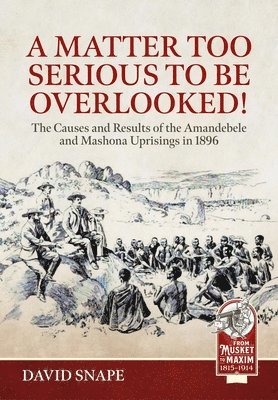Kommande

829:-
- Format: Pocket/Paperback
- ISBN: 9781804515631
- Språk: Engelska
- Utgivningsdatum: 2025-07-15
- Förlag: Helion & Company

